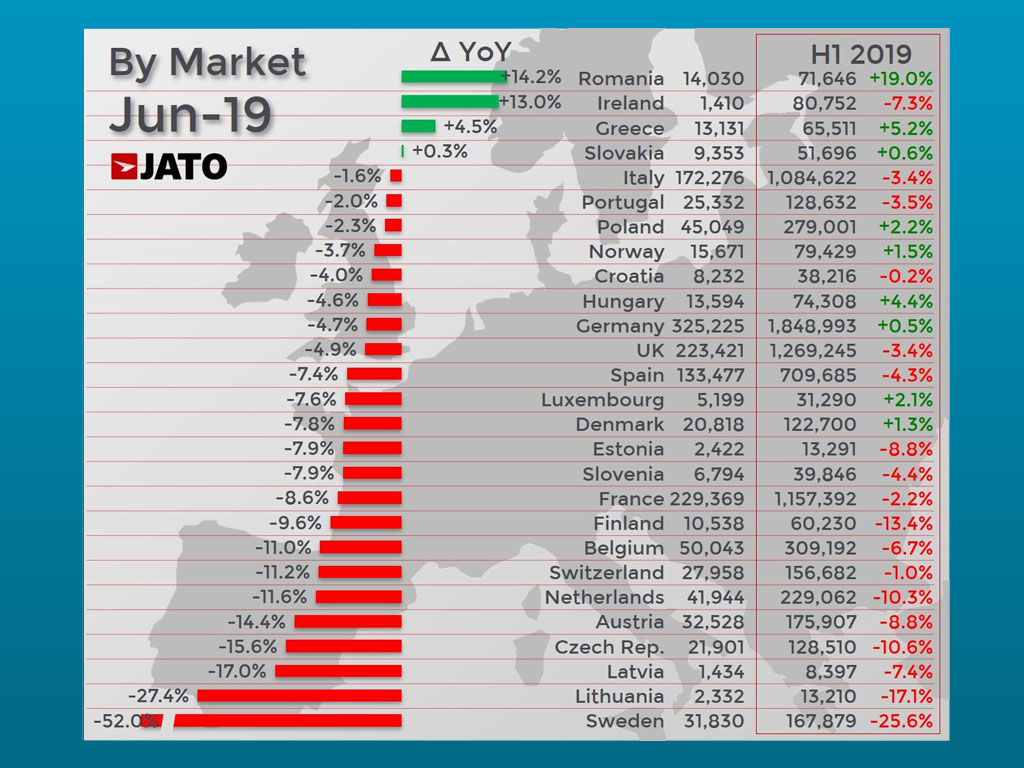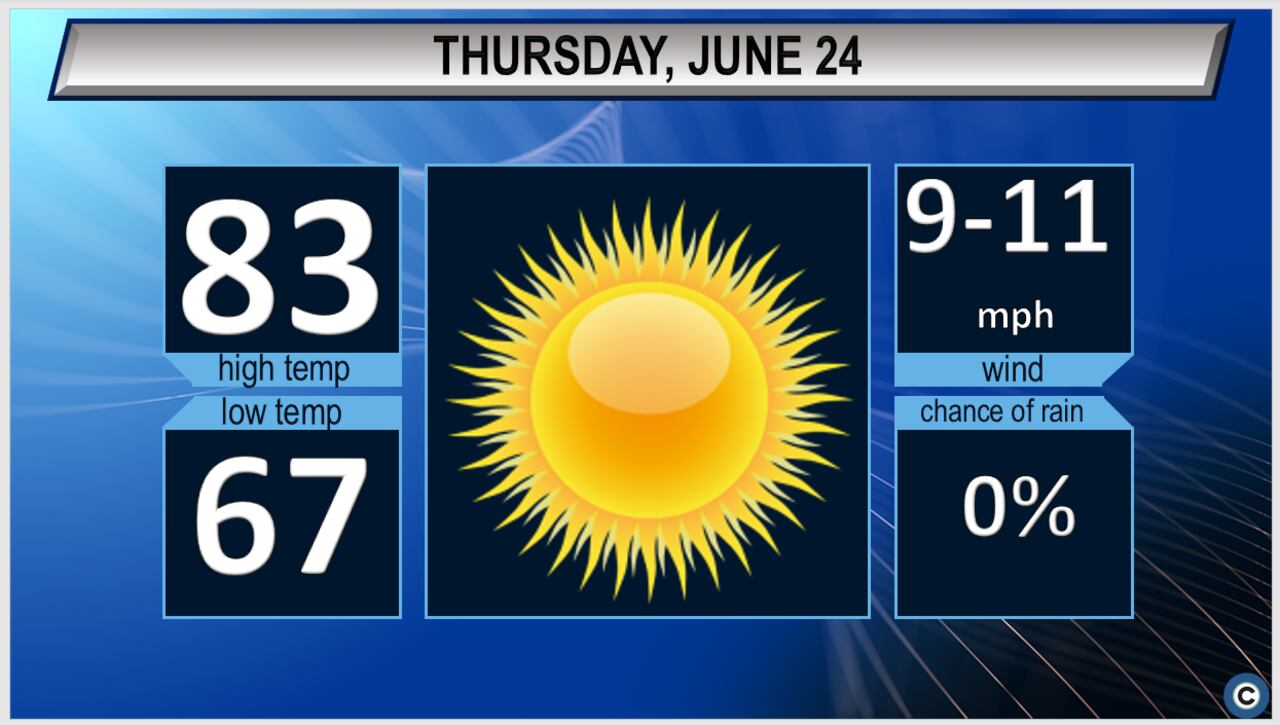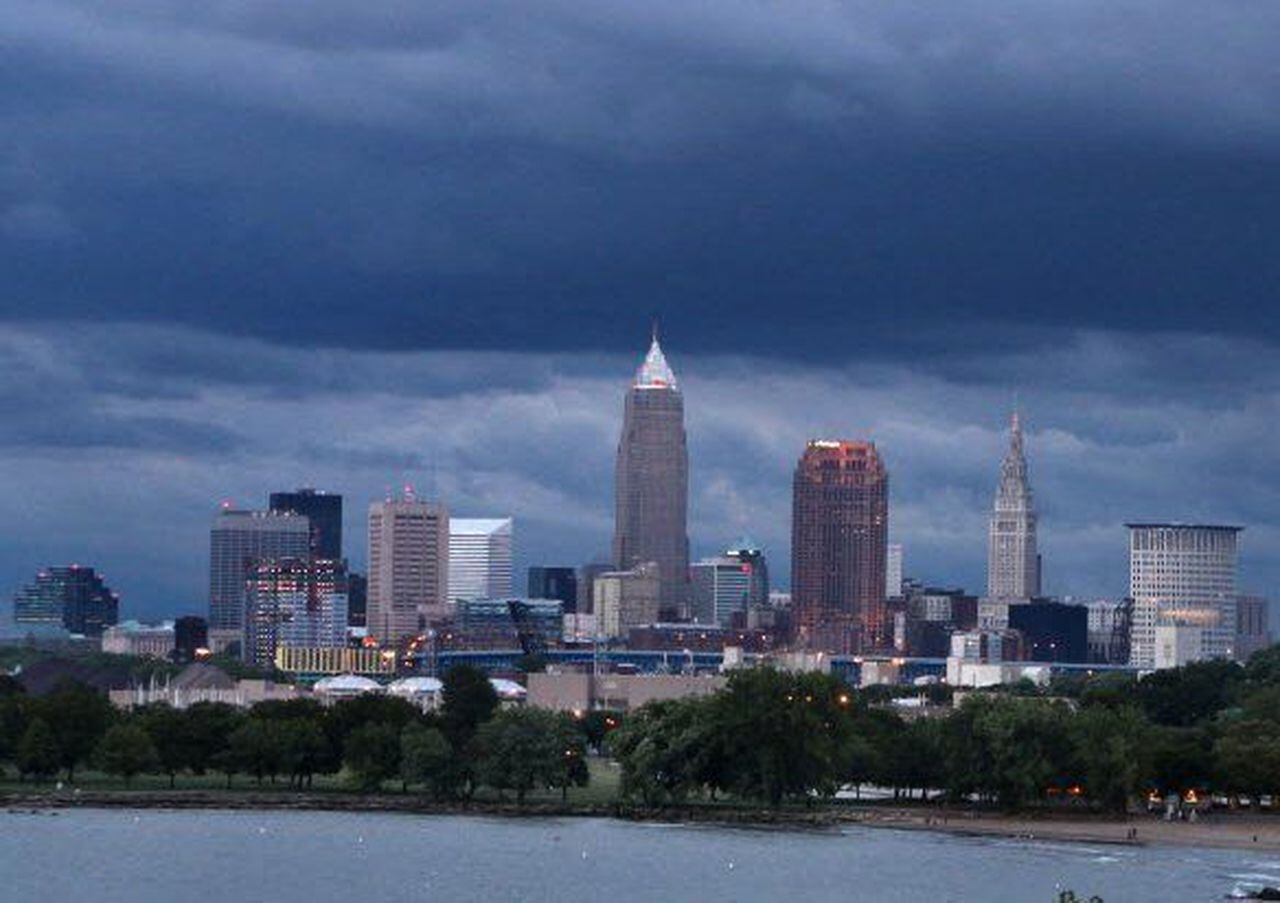Weak European Economy Weighs On Car Sales Figures

Table of Contents
Inflation's Grip on Consumer Spending
High inflation is significantly impacting consumer purchasing power across Europe. Rising prices are eroding disposable income, making even essential purchases, let alone big-ticket items like cars, increasingly unaffordable. This squeeze on household budgets is directly translating into lower demand for both new and used vehicles.
- Rising fuel costs: The soaring price of gasoline and diesel is a major deterrent, especially for consumers considering less fuel-efficient models.
- Increased food prices: Essential food items have become significantly more expensive, leaving less money available for discretionary spending like car purchases.
- Interest rate hikes: Increased borrowing costs make car loans more expensive, further dampening demand. This impacts both new car purchases and financing for used cars.
Eurostat data reveals inflation rates exceeding 10% in several key European markets, highlighting the severity of the situation. This substantial rise in the cost of living directly impacts consumer spending on big-ticket items like new and used cars. The impact is particularly visible in the lower and middle-income brackets where disposable income is significantly constrained.
The Energy Crisis and its Ripple Effect
The ongoing energy crisis is exacerbating the economic slowdown and impacting the automotive industry in multiple ways. High energy prices are driving up production costs for car manufacturers, while supply chain disruptions are further hindering output.
- Increased production costs: The energy-intensive nature of car manufacturing means that high energy prices directly translate into higher production costs for vehicle manufacturers.
- Supply chain disruptions: Energy shortages can lead to factory closures and production halts, disrupting the supply chain and delaying deliveries.
- Potential factory closures: In some cases, manufacturers are facing the difficult decision of temporarily or permanently closing production facilities due to unsustainable energy costs.
The energy crisis has disproportionately impacted specific manufacturers reliant on energy-intensive processes. This has led to production cuts and delays, further contributing to the lower car sales figures. Furthermore, the crisis is driving a shift in consumer preference towards more fuel-efficient vehicles, further complicating the market.
Eroding Consumer Confidence and its Impact on Demand
Economic uncertainty and high inflation are eroding consumer confidence across Europe. This decline in confidence directly impacts major purchases such as cars, leading to postponement or cancellation of buying plans.
- Hesitancy to take on loans: Consumers are increasingly hesitant to take on debt, especially given rising interest rates.
- Postponement of large purchases: Many are delaying major purchases like cars until economic conditions improve.
- Uncertainty about the future: The overall economic uncertainty is causing many to adopt a wait-and-see approach.
Consumer confidence indices in several European countries have fallen sharply, reflecting the anxieties surrounding the economic outlook. This diminished confidence is particularly noticeable in the luxury car segment, where purchases are often more discretionary and sensitive to economic downturns.
Supply Chain Disruptions and Semiconductor Shortages
The ongoing global supply chain disruptions, particularly the persistent shortage of semiconductors, continue to constrain car production. This scarcity of essential components is leading to delayed production schedules and increased waiting times for car deliveries.
- Lack of essential components: The shortage of semiconductors and other crucial components hampers the assembly process, limiting production capacity.
- Delayed production schedules: Car manufacturers are facing significant delays in producing vehicles due to supply chain bottlenecks.
- Increased waiting times for car deliveries: Consumers are experiencing longer waiting times to receive their ordered vehicles.
This persistent issue impacts various car manufacturers and models, leading to reduced availability and further contributing to the lower sales figures. The long-term implications of these supply chain challenges remain a significant concern for the industry.
Conclusion: Navigating the Challenges of a Weak European Economy for Car Sales
The weak European economy is undoubtedly weighing heavily on car sales figures. Inflation, the energy crisis, declining consumer confidence, and persistent supply chain disruptions are all contributing factors to this downturn. The interconnectedness of these challenges makes a swift recovery unlikely in the near term. The outlook for the European car market remains uncertain, contingent upon the resolution of these fundamental economic issues. To stay informed about the evolving economic landscape and its impact on the European car market, follow [Your Publication/Website Name] for further updates on the weak European economy and its effect on car sales figures. This will offer insightful analysis of the weak European economy and its ongoing effects on car sales.

Featured Posts
-
 Kanye Wests Wife Bianca Censori Under Fire For Repeated Public Nudity
May 28, 2025
Kanye Wests Wife Bianca Censori Under Fire For Repeated Public Nudity
May 28, 2025 -
 Best Personal Loans For Bad Credit Guaranteed Approval
May 28, 2025
Best Personal Loans For Bad Credit Guaranteed Approval
May 28, 2025 -
 Koster Desak Bps Singkirkan Canang Dari Daftar Komoditas Inflasi
May 28, 2025
Koster Desak Bps Singkirkan Canang Dari Daftar Komoditas Inflasi
May 28, 2025 -
 Arsenals Transfer Pursuit A Formal Offer For Rodrygo
May 28, 2025
Arsenals Transfer Pursuit A Formal Offer For Rodrygo
May 28, 2025 -
 Foinikiko Sxedio I Nea Tainia Toy Goyes Anterson Stis Kannes Kai Stoys Kinimatografoys
May 28, 2025
Foinikiko Sxedio I Nea Tainia Toy Goyes Anterson Stis Kannes Kai Stoys Kinimatografoys
May 28, 2025
Latest Posts
-
 Rain Returns To Northeast Ohio Thursday Weather Update
May 31, 2025
Rain Returns To Northeast Ohio Thursday Weather Update
May 31, 2025 -
 Learn Skywarn Spotter Skills With Tom Atkins
May 31, 2025
Learn Skywarn Spotter Skills With Tom Atkins
May 31, 2025 -
 Spring Skywarn Class With Meteorologist Tom Atkins
May 31, 2025
Spring Skywarn Class With Meteorologist Tom Atkins
May 31, 2025 -
 Northeast Ohio Weather Forecast Thursday Rain
May 31, 2025
Northeast Ohio Weather Forecast Thursday Rain
May 31, 2025 -
 Increased Fire Risk Prompts Special Weather Statement For Cleveland Akron
May 31, 2025
Increased Fire Risk Prompts Special Weather Statement For Cleveland Akron
May 31, 2025
